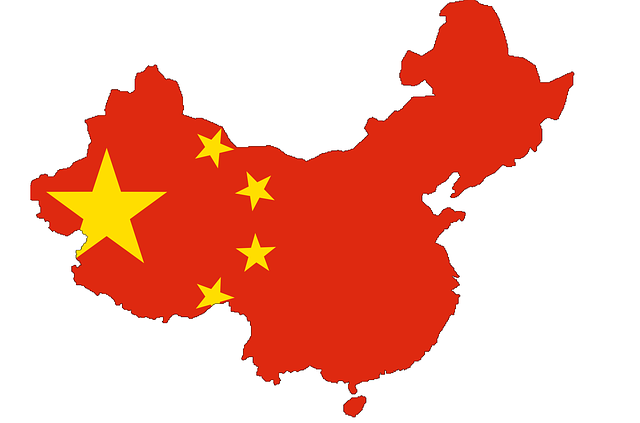The popular U.S. video-conferencing company, Zoom has admitted that it suspended accounts of human rights activists at the behest of the Chinese government, soon after their recent online meeting to mark the 31st anniversary of the June 4 Tiananmen Square Massacre.
The company which has become extremely popular as a video communication source during the Coronavirus lockdown, suggested that it will block any further meetings that Beijing complains as illegal.
Activists Complained About Closing Accounts

Many people from the U.S. and Hong Kong claimed that they have been kicked out of their Zoom accounts after hosting the online anniversary event of the Tiananmen incident which has raised an alarm about free speech on the platform.
The activists turned to Zoom, which they found as the best medium to communicate with more than 250 people to remember Beijing's crushing of the pro-democracy uprising in 1989, during which the military killed hundreds of unarmed protesters. A group of activists known as Humanitarian China said that it had brought in several participants from China, but its paid Zoom account was closed without explanation, one week later.
Zoom Revealed the Truth
Following media reports, Zoom said on late Thursday that it had been contacted by the government of China in May and June about four Zoom meetings to commemorate the Tiananmen Square incident that were being publicized on social media.
In its blog post, the company clarified that the Chinese government informed them that this activity is illegal in China. The authorities also demanded that Zoom terminate the meetings and host accounts.
The statement added, "We did not provide any user information or meeting content to the Chinese government. We do not have a backdoor that allows someone to enter a meeting without being visible."
After the company released the statement, it raised questions about the U.S. company budging to Chinese pressure. Unlike Google and Facebook, Zoom is not banned in China, which uses its "Great Firewall" to scrub its internet and censor any negative information. But Zoom did not explain under what law the online meetings hosted outside the mainland China were illegal.

Blocking Participants
Zoom also clarified that the company had no ability to block any participant from particular countries. So, the authorities decided to end three such meetings and suspended or terminated the associated host accounts.
They did not take any action for one meeting as the metadata showed it had no participants from the mainland China, but two other meetings had a significant number of participants from the country. However, it is not clear why Zoom had shut down the accounts of users based in the U.S. and Hong Kong.
A pro-democracy campaigner in Hong Kong, Lee Cheuk-Yan, who organizes a yearly Tiananmen vigil, noticed that his Zoom account was closed just before hosting an event on a controversial extradition law that caused mass anti-government protests in the city in 2019.
Wang Dan, another activist whose Zoom event, scheduled on June 3 to commemorate the anniversary of the Tiananmen crackdown was shut down twice.

The video-conferencing company said it would no longer allow requests from Beijing to impact anyone outside mainland China. Zoom is currently working to develop ways to block people from inside mainland China. As per the statement, the new measures will allow the company to comply with requests from local authorities when they decide an activity on the platform as illegal within their country borders.
The company said it hopes that one day governments who build barriers to disconnect their citizens from the world will understand that "they are acting against their own interests, as well as the rights of their citizens and all humanity."









